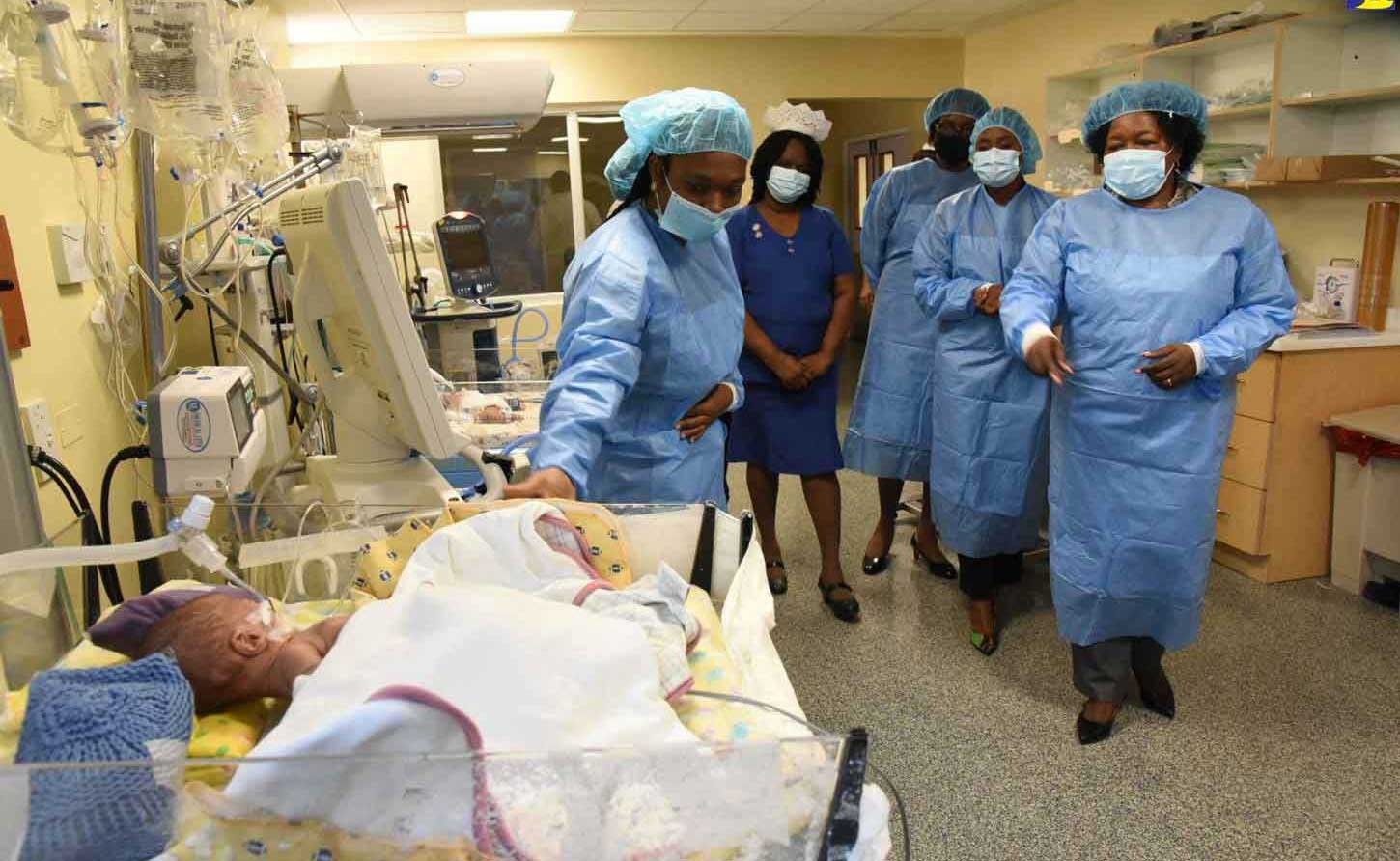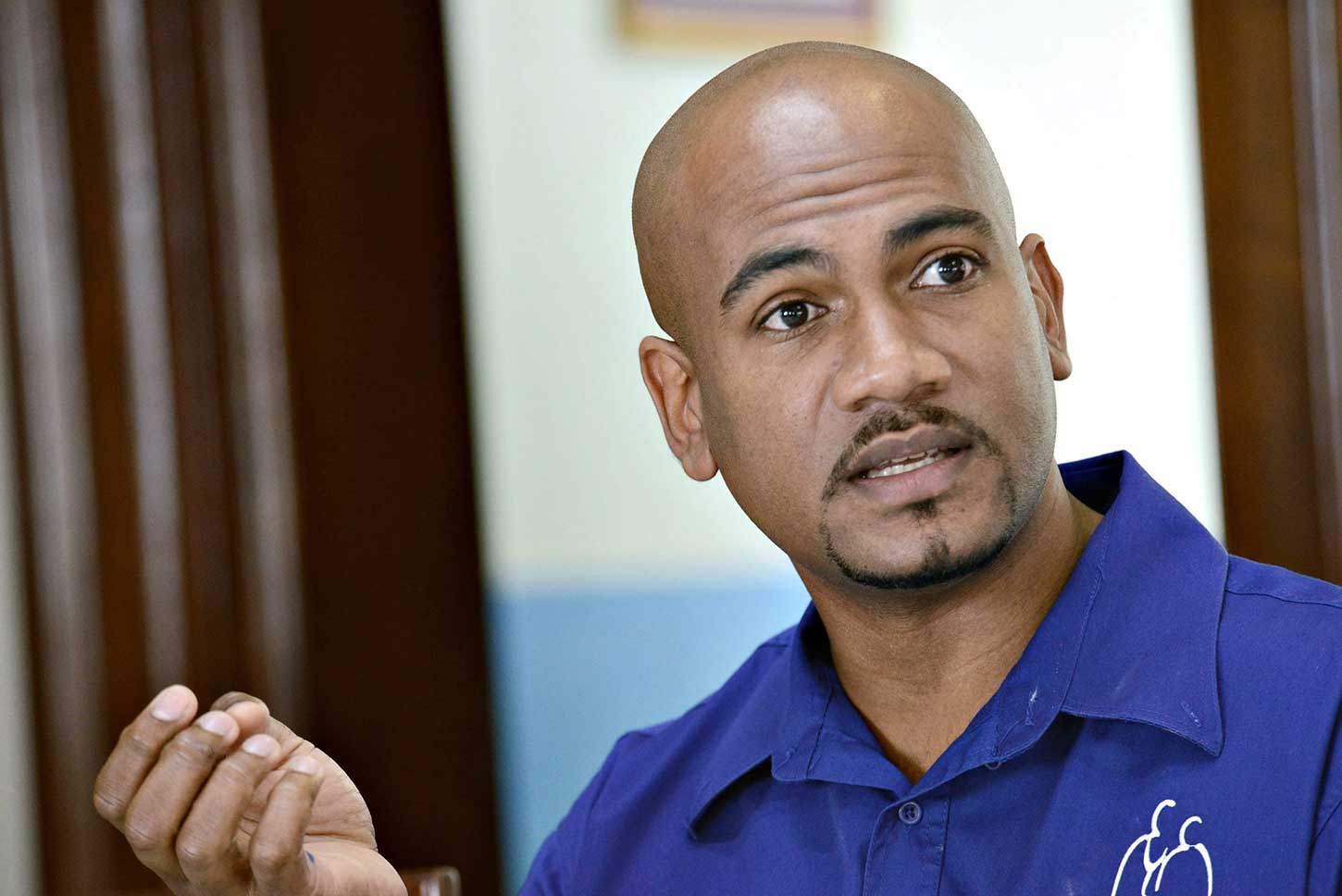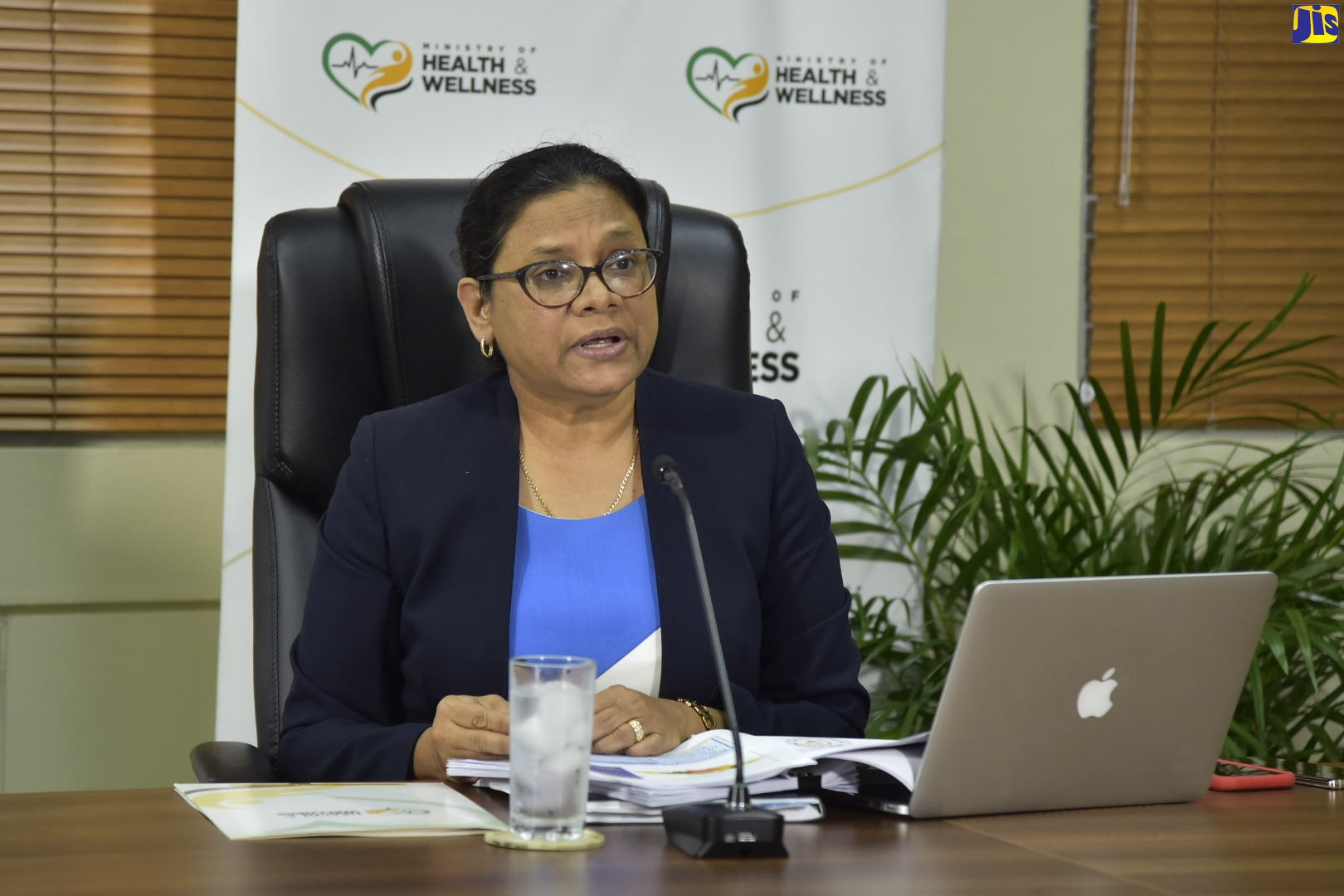JAMAICA | Crisis at Victoria Jubilee: 24 Newborn Deaths Expose Jamaica's Healthcare Collapse

MONTEGO BAY, Jamaica, June 27, 2025 - The South East Regional Health Authority's confirmation that 24 newborns died at Kingston's Victoria Jubilee Hospital in June's opening weeks has ripped open wounds that never properly healed.
This isn't about "seasonal surges" or medical fragility—this is about a healthcare system hemorrhaging its most vulnerable patients, while officials scramble for explanations that don't exist.

These aren't statistics—they're children whose first breath was also their last chance.
Chief Medical Officer Dr. Jacquiline Bisasor McKenzie's assertion that "55% were premature and 60% had low birth weight" rings hollow when prematurity itself isn't a cause of death but a condition demanding exceptional care.
That Victoria Jubilee continues failing these most vulnerable patients speaks to deeper institutional rot that cosmetic measures cannot cure.

Health authorities cited the same unholy trinity that plagues VJH today: staff shortages, overcrowding, and inadequate equipment.
The 2015 and 2016 "dead babies" scandals saw conflicting death tolls and delayed disclosures.
What's particularly galling is the predictable dance of damage control. Officials speak of "enhanced infection prevention measures" and "redeployment of staff" as if throwing band-aids at arterial bleeding will stem the flow.
The ideal nurse-to-baby ratio should be one-to-two; VJH operates at one-to-seven or one-to-eight—a mathematical certainty for tragedy.
Jamaica's maternal mortality rate now stands higher than it was three decades ago, making the island a cautionary tale of how middle-income nations can slide backward while speaking forward-looking language about healthcare transformation.
Despite €22 million in European Union funding through the Programme for the Reduction of Maternal and Child Mortality (PROMAC), designed to achieve Millennium Development Goals targets, the country remains trapped in a cycle of crisis management rather than systemic improvement.
The timing couldn't be more bitter. As the World Health Organization launched its 2025 campaign for "Healthy Beginnings, Hopeful Futures" on World Health Day, emphasizing that maternal and neonatal deaths are largely preventable with proper care, Jamaica's flagship maternity hospital was burying evidence of the opposite.
“ Twenty-four babies dead in 24 days. At Jamaica's premier maternity hospital, the numbers tell a story of systemic failure that health officials can no longer explain away with clinical euphemisms. ”
SERHA head Lascelles Brown's invocation of Jamaica's "peak season" for births as context for increased deaths is particularly tone-deaf. If health officials know when demand surges, why isn't capacity scaled accordingly? Brown's promise of a "thorough, transparent, and evidence-based review" sounds remarkably similar to pledges made after previous outbreaks—promises that clearly weren't kept.
The Opposition's questions cut to the bone: How many neonatal deaths have occurred annually over the past five years? What budget was allocated to neonatal care? Why was the public kept in the dark? These aren't difficult inquiries for a functioning health system—they're basic accountability measures that Dr. Tufton must answer without deflection or delay.
Victoria Jubilee Hospital continues operating with cooling blankets that don't cool, ventilators that fail when needed most, and nutrition protocols that starve rather than sustain. Combined with chronic understaffing, the hospital has become less a sanctuary for new life than a lottery where the house always wins.
Jamaica's babies deserve better than becoming footnotes in a recurring tragedy. They deserve a healthcare system that matches the island's aspirations rather than one that buries its failures while officials speak of "enhanced measures" and "capacity optimization."
The PNP's demand for transparency isn't political theater—it's a plea for Jamaica's children. These 24 deaths demand more than enhanced spacing between incubators; they demand accountability from leaders who've allowed this crisis to fester while speaking of progress that exists only in press releases.
Until systemic change replaces symptomatic treatment, Victoria Jubilee Hospital will remain what it's become: a monument to healthcare failure disguised as a beacon of hope.
The VJH is the largest referral maternity hospital in the English-speaking Caribbean, providing a range of maternity services; gynaecological services; oncology care and family planning clinics.
Approximately 600 deliveries are performed at the hospital each month.
-30-
